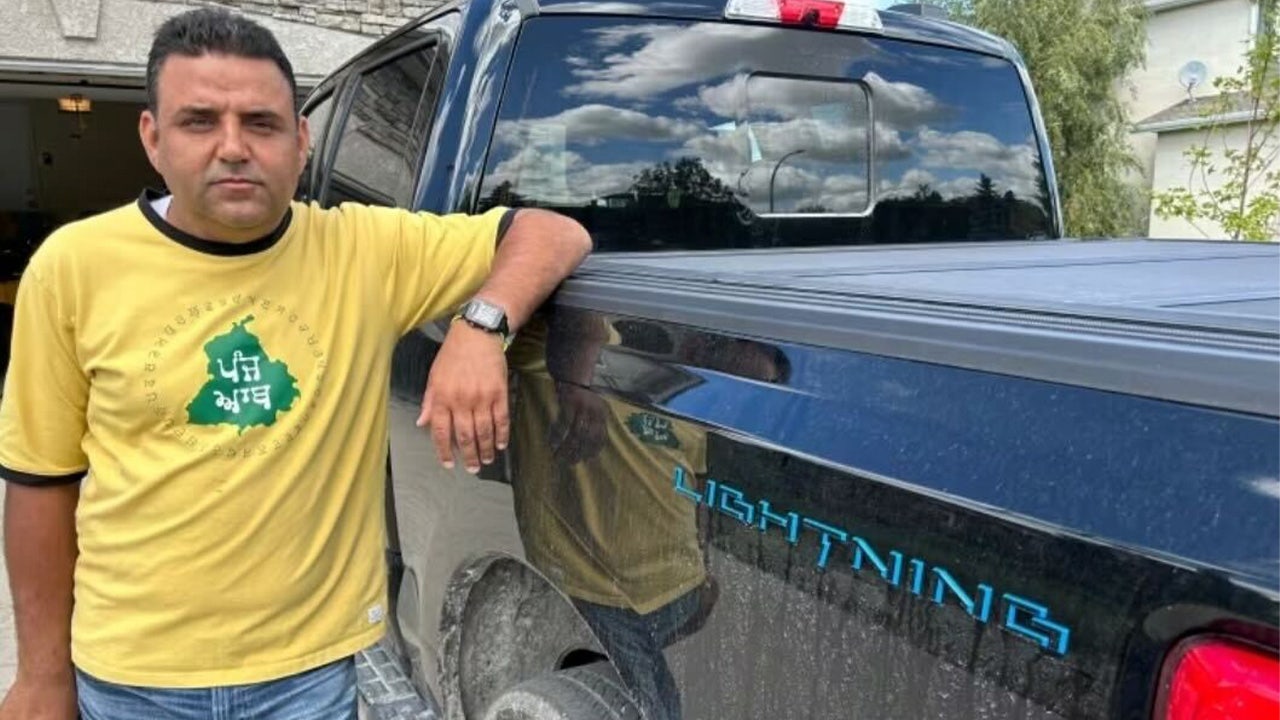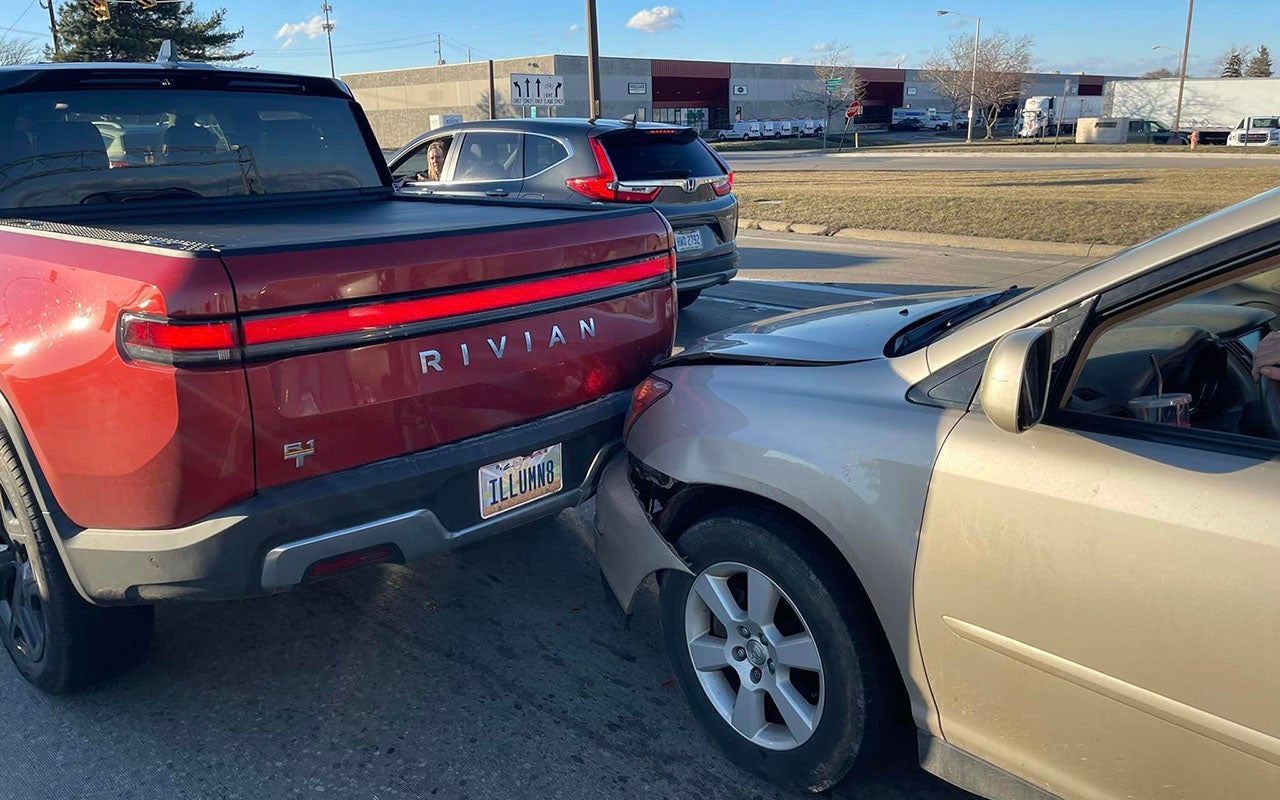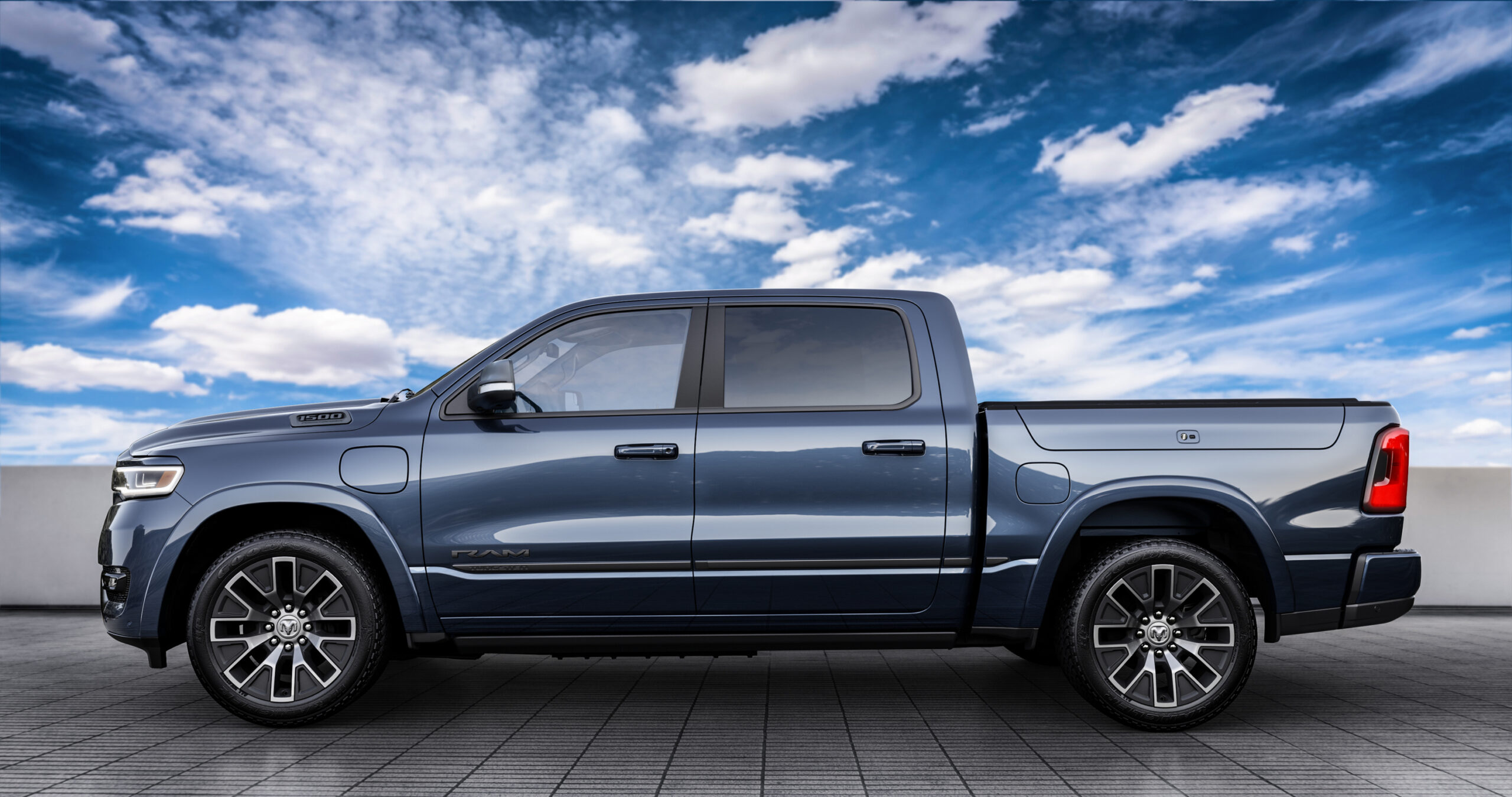For the record, I'm ok with losing the ICE for good, but we need to figure out how to power all these new cars in a manner that makes sense. If everybody had one, we'd have a whole new set of problems for future generations.
Indeed, but not necessarily as much as we might think at first glance.
My house uses an average 22kw per day, but aside from the three chest freezers in the garage and shed, I’m all-in on LEDs and every other electrical efficiency I could justify in my desire to be energy independent. My solar panels produce 30kwh a day on average. Assuming my average 30 miles per day (I drive a lot on weekends and in the summer/winter/spring breaks) I’d just about break even with the average solar vehicle’s ~7kwh to do 30 miles—maybe adding 1kw additional need to the grid. My household isn’t normal, though.
California has lots of readily available data, and I’m too lazy to hunt down Washington’s (I fished both sides of the high tide this morning), but the average Californian drives 35 miles per day on average, which for an electric vehicle is about 8kw. Meanwhile, the average house in the US uses about 35kwh. So, adding an electric vehicle in every home in the US would increase residential consumption about 27%. Adding it all at once would be a huge load, but if it happened over, say, the next 10-15 years we’d only need to increase grid capacity by a small amount—call it 2% a year and we can be done with time to spare (those contractors and municipalities often need extra time).
I wrote “residential consumption”, though, which in California is only about 20% of the grid. The math gets messy with people not charging at home, people buying plug-in hybrids, and many not buying electrics overnight, so let’s say it cuts that 2% a year figure in half and not to 1/5th.
1% grid capacity increase per year is not bad at all—and that’s if every Californian household got one by 2038.

 www.foxbusiness.com
www.foxbusiness.com
















